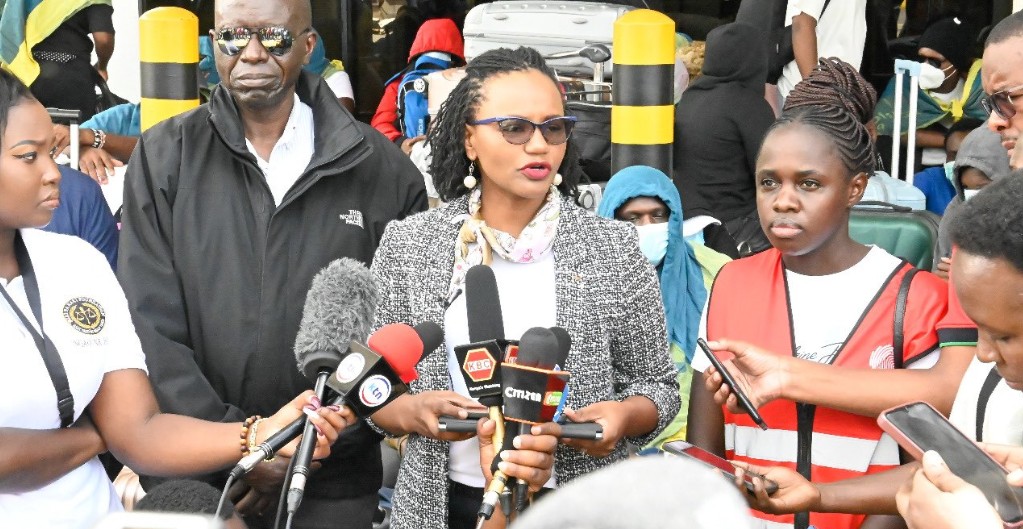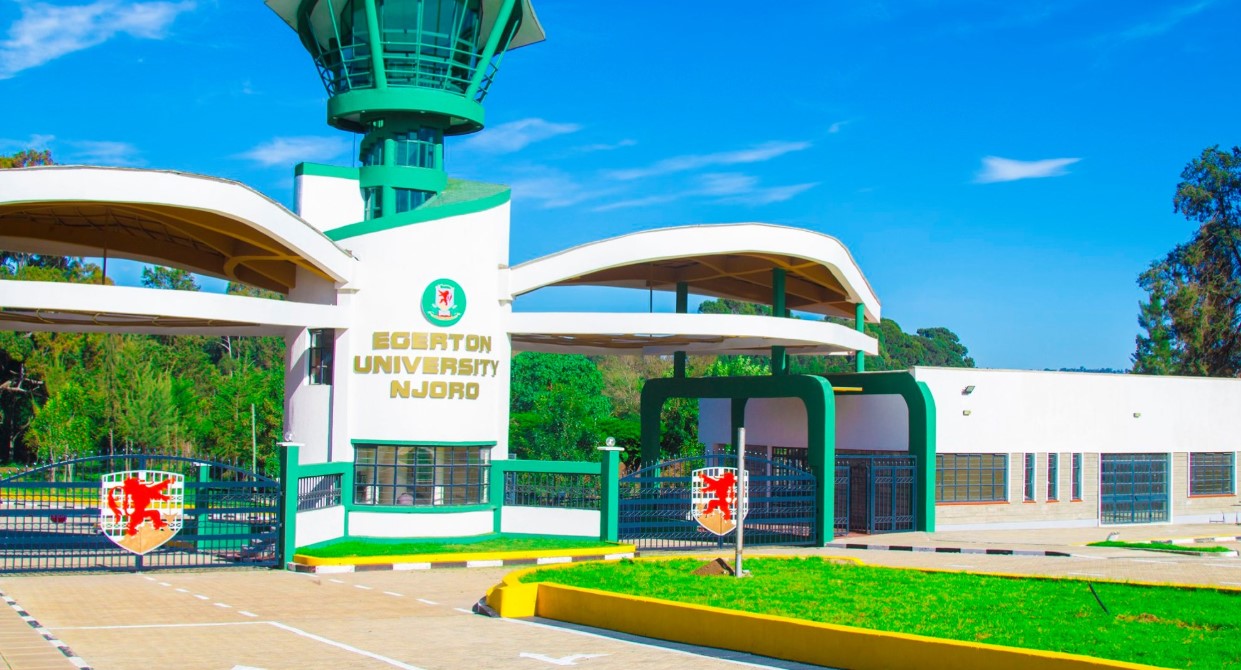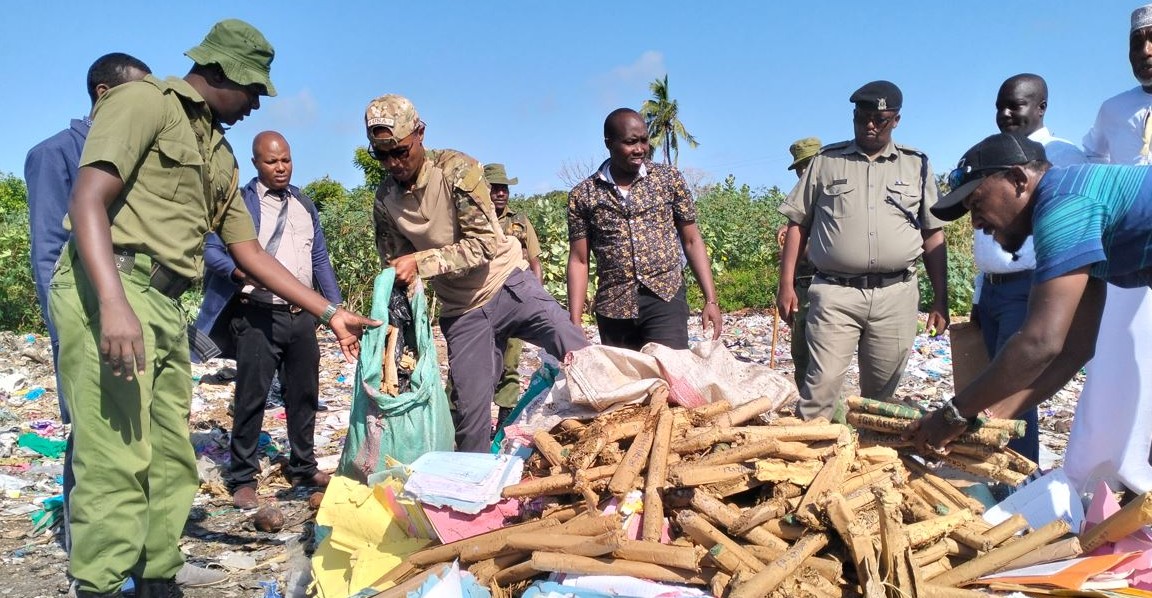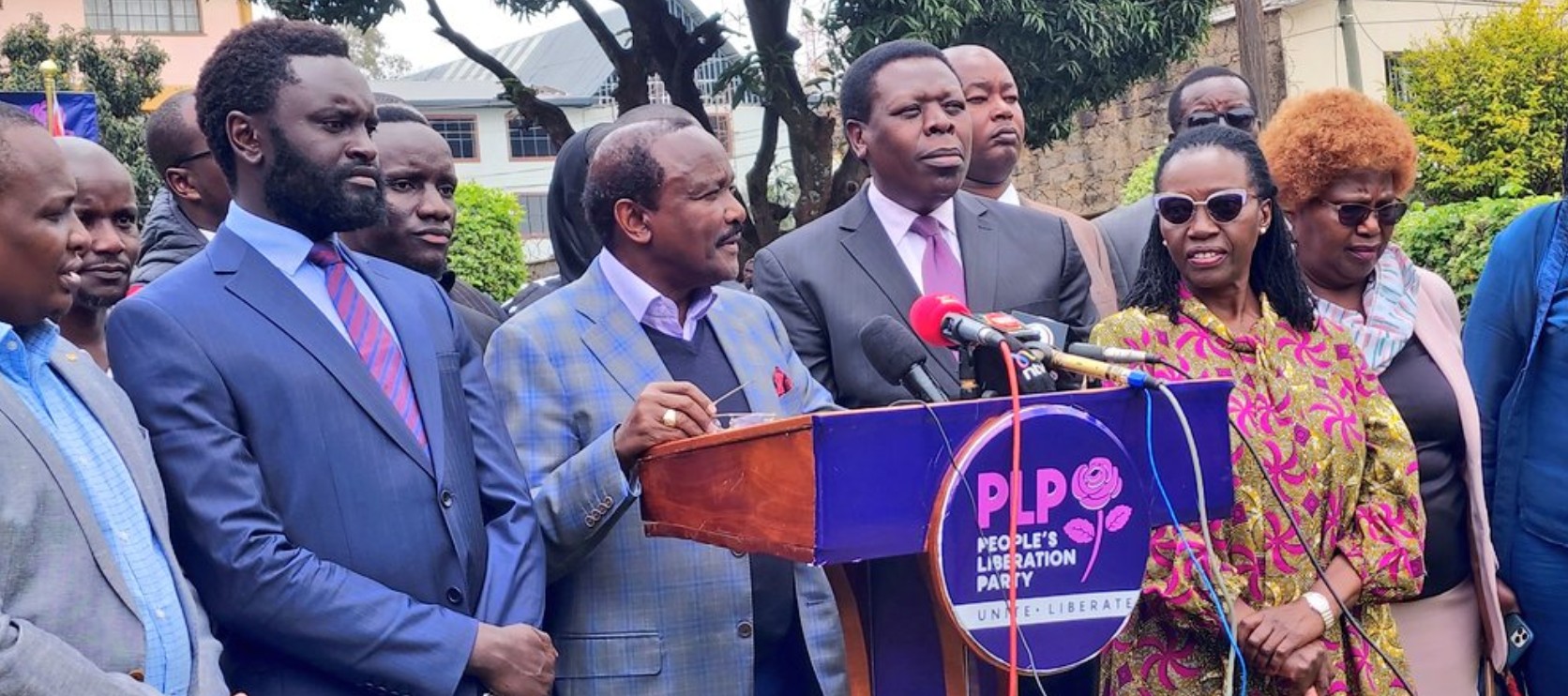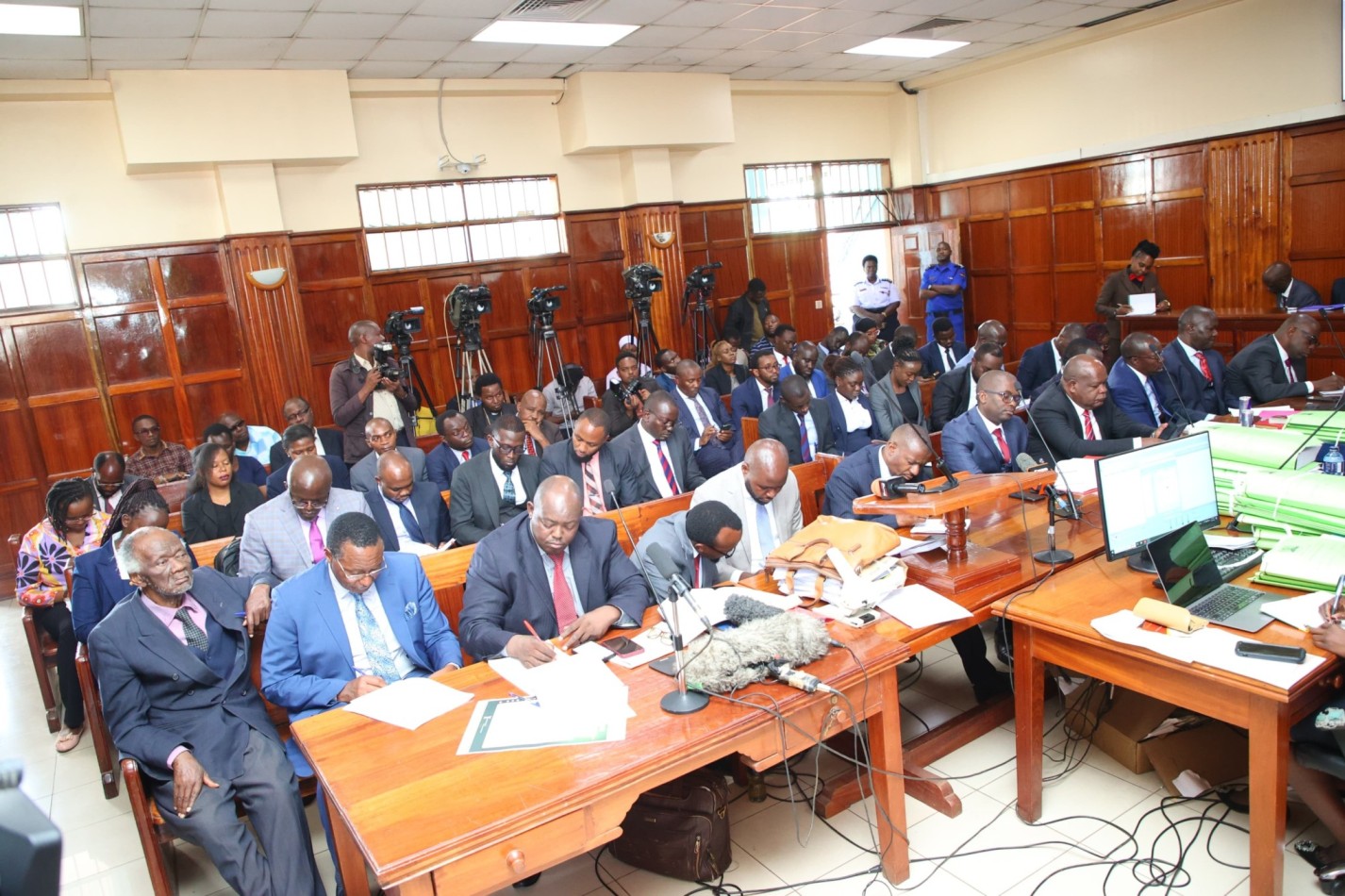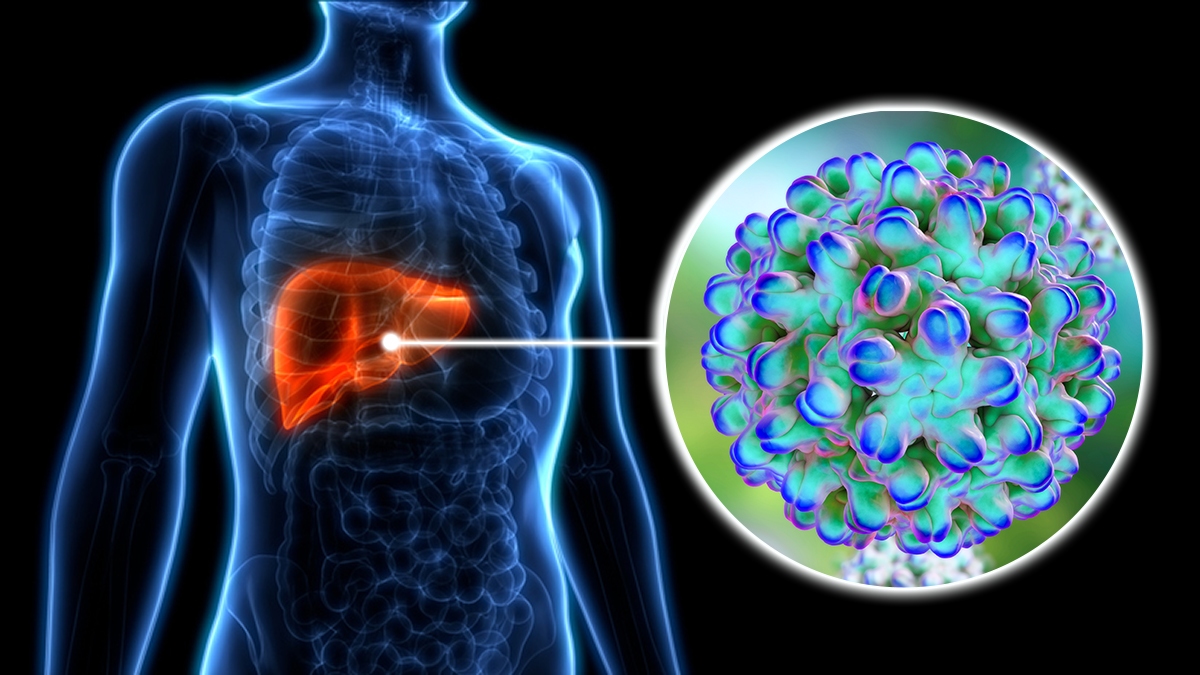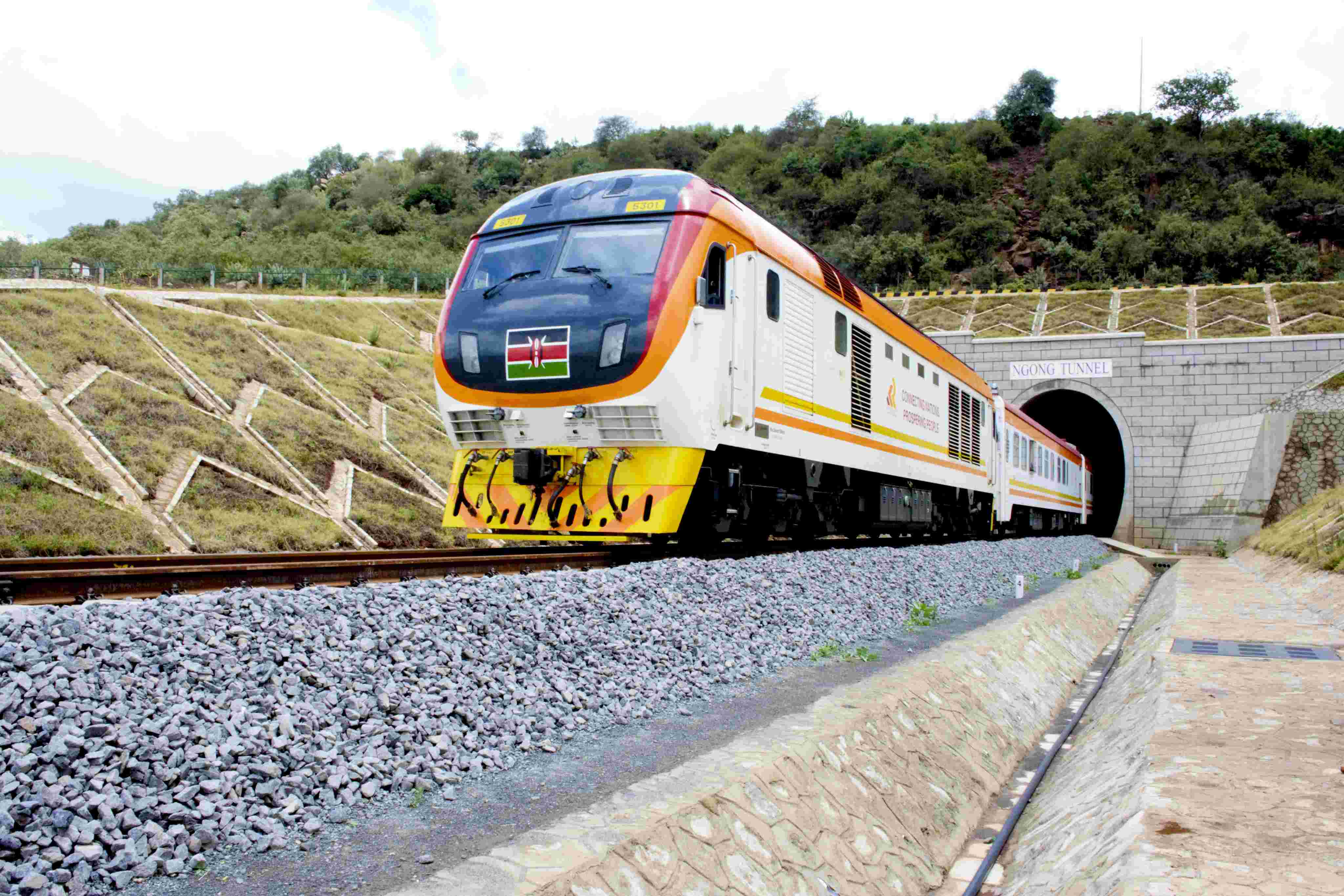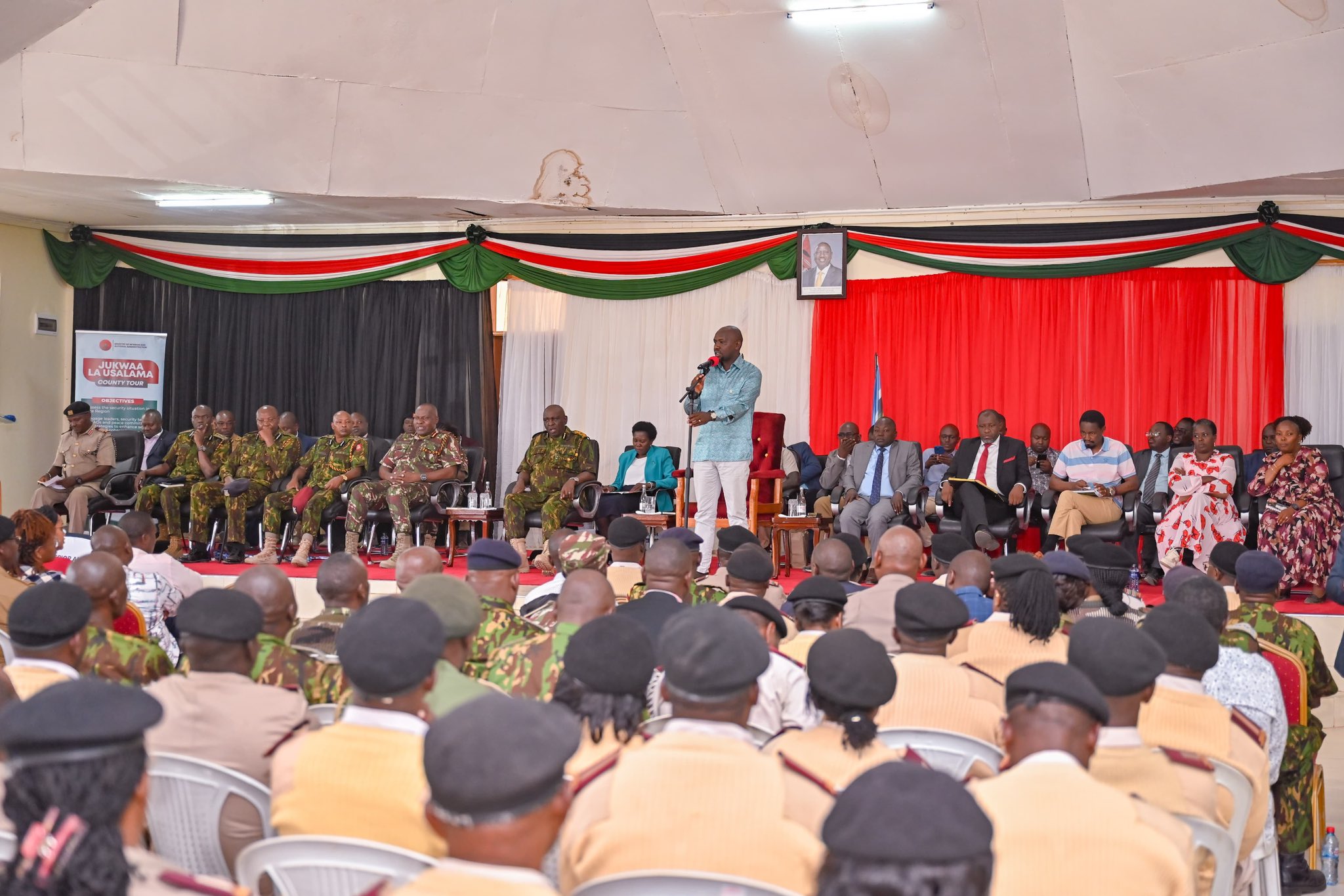Menstrual hygiene a struggle as Nairobi's water scarcity persists
In some of Nairobi's bustling neighbourhoods, women grapple daily with the scarcity of water, but during menstruation, the struggle becomes more acute.
Eunice Akinyi, a resident of Kibra, Nairobi, faces a difficult four to five days every month, navigating her menstrual period amid severe water scarcity.
It is a perennial problem whose solution she doesn't know will come any time soon so she has to find ways to survive.
More To Read
- Nairobi County Assembly Speaker throws out Governor Sakaja ouster petitions over legal gaps
- Nairobi County to clamp properties, evict rent defaulters from Monday
- Gynecologist debunks “tampons or pads” debate: Which one is best?
- ODM moves to quell tension in party, denies endorsing Sakaja's reelection bid
- City flooding woes: Sakaja admits Nairobi's drainage system is overwhelmed
- Nairobi landlords ordered to repaint buildings in key areas within 90 days
“We've faced water scarcity for a while, but things have gotten worse lately. Water prices have doubled, making it harder for us. We are forced to ration water," she says. "When I'm on my period, it's even tougher as I can't take full baths because water is expensive and scarce.”
Akinyi is just one of many women dealing with this problem in a city where water scarcity remains a big problem, especially within informal settlements where women bear a disproportionate burden.
In these bustling neighbourhoods, women grapple daily with the scarcity of this essential resource, but during menstruation, the struggle becomes more acute.
Imagine the added stress of managing basic hygiene needs when water is scarce — a daunting reality many women in parts like Kibra face regularly.
In such circumstances, every drop is precious, reserved for survival rather than basic needs like personal hygiene.
For women navigating their menstrual cycle in these conditions, the scarcity amplifies their vulnerability, impacting their health, dignity, and overall well-being.
Akinyi says that she sometimes cannot afford pads so she resorts to using rags, which she disposes of improperly because she lacks the water to wash them.
In informal settlements, water is sold privately, and the prices have doubled from Sh5 to Sh10 per 20-litre jerry can, with some distributors charging as high as Sh20.
"Cycle of poverty"
Amina Rahma, also from Kibra, says the struggle with water scarcity during menstruation is deeply distressing endless challenge.
"Despite my earnest attempts to find water, the persistent shortage and escalating prices make it nearly impossible," she says, adding that it is even worse for her as she has to cater tot he needs of her three children.
While she resorts to using sanitary towels as a temporary fix, the scarcity compels her to make sacrifices in her hygiene practices, limiting her bathing to conserve water.
Samuel Omondi says that although water scarcity affects everyone, its consequences are severe for women and children living in informal settlements.
Other Topics To Read
- Headlines
- Videos
- National
- Health
- Nairobi Governor Johnson Sakaja
- nairobi water scarcity
- kibera nairobi
- menstrual health issues
- Evelyn Bowa
- menstrual hygiene kibra
- Agape Woman and Child Empowerment Foundation
- Northern Collector Tunnel
- Menstrual hygiene a struggle as Nairobi's water scarcity persists
- News
“Trapped in a cycle of poverty, families struggle to cope with the constant increase in living expenses, making them even more vulnerable to the challenges posed by the water crisis."
Ahmed Salim, a healthcare professional at Kinani Medical Facility in Kibra, explains the consequences of poor hygiene during menstruation.
“The water shortage presents significant health hazards, particularly for women," he notes. "The extended use of sanitary pads without adequate hygiene practices increases the risk of bacterial infections and urinary tract issues. In our medical facility, we often see cases of UTIs [Urinary Tract Infections] resulting from insufficient sanitation facilities and the lack of water."
Evelyn Bowa, founder of Agape Woman and Child Empowerment Foundation, an organisation advocating for reusable sanitary towels, sheds light on the dilemma women experience.
"While reusable sanitary towels offer an affordable solution, the scarcity of water impedes efforts to uphold hygiene. Women struggle with the challenging task of washing reusable pads amid water shortages, exposing themselves to increased health risks. The lack of sufficient water threatens their well-being and undermines their dignity,” Bowa says.
“Sadly, some girls resort to risky alternatives, seeking help from unscrupulous individuals who take advantage of their vulnerability. This leads to dire outcomes, including unintended pregnancies and heightened health risks. Urgent government action is needed to address the water crisis and alleviate the suffering endured by women.”
Water scarcity is a challenge across Kenya, marginalised communities and pastoral areas in particular, hence the need for comprehensive and sustainable solutions.
Nairobi residents have been relying on the Kikuyu Springs, Ruiru, Sasumua and Ndakaini dams for water, but it has not been enough, hence water rationing. The NCWSC currently produces 525,000 cubic metres per day against a demand of at least 850 million litres
Last November, Nairobi Governor Johnson Sakaja, promised that perennial water shortages would be a thing of the past by 2026. He said his administration was close to securing about Sh15 billion for a water project.
In November 2023, Sakaja reported that Nairobi would receive $100 million (Sh15.3 billion) in funding from the Korean government for construction of the second Northern Collector Tunnel and the Maragua water works. These initiatives are expected to provide the city with 220 million cubic metres per day.
The first phase of the Northern Collector Tunnel, which the governor said will be completed by February or March 2024, will provide 525 million cubic metres per day.
Top Stories Today
